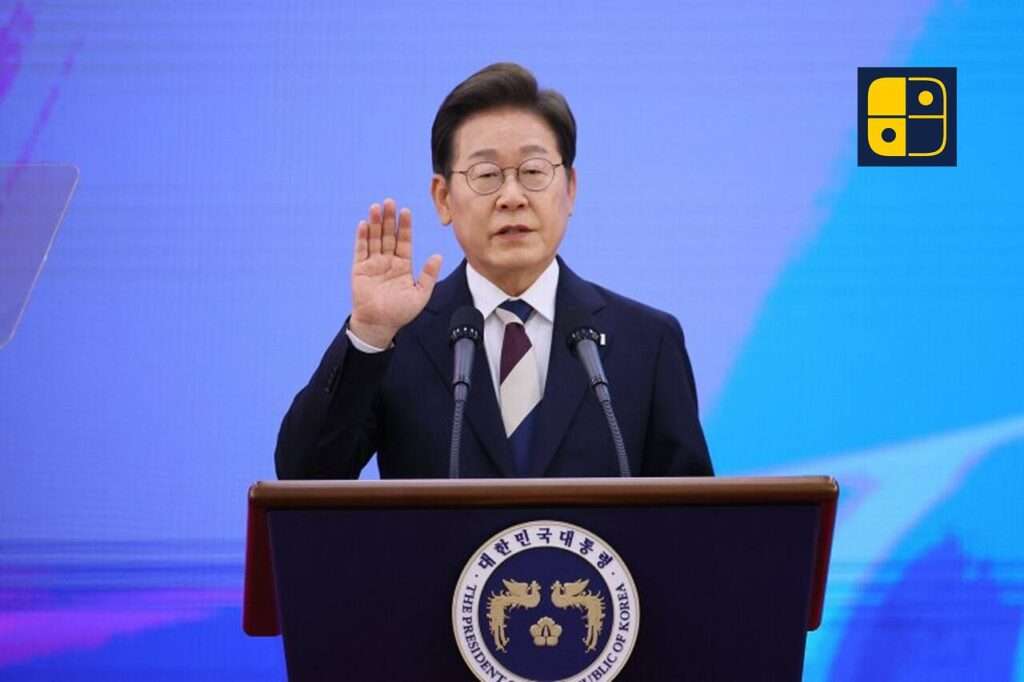The South Korean President Lee Jae-Myung has expressed willingness to consider a deal between the U.S. President Donald Trump and the North Korea Leader Kim Jong Un that would stop North Korea from producing nuclear weapons, though it would not result in the denuclearisation of the North Korean regime. Lee Jae-Myung made the comments when speaking to reporters ahead of his remarks to the UN General Assembly. Lee asserted that any freeze would mitigate near term regional risk while maintaining the long-term goal of denuclearisation.
This position follows North Korea’s self-declaration of a nuclear state in 2022 and is expected to produce around 20 warheads per year. Seoul sees re-engagement in dialogue as a practical step towards stability, especially after US-led disarmament talks have been stalled since 2019.
After being elected to replace his predecessor after their impeachment, Lee Jae-Myung is presenting himself as a centrist who will lower tensions while balancing alliances. For South Korea, this is an acute challenge: safeguarding security cooperation with the United States and Japan; managing their economic dependence on China; while reengaging, albeit cautiously, with Russia arising from the Ukraine war.
For India, these developments underscore the interconnected nature of Asian security. A pragmatic freeze in Korea could prevent nuclear escalation, but deeper alignments between China, Russia, and North Korea highlight the importance of New Delhi strengthening its own strategic partnerships in the Indo-Pacific.

